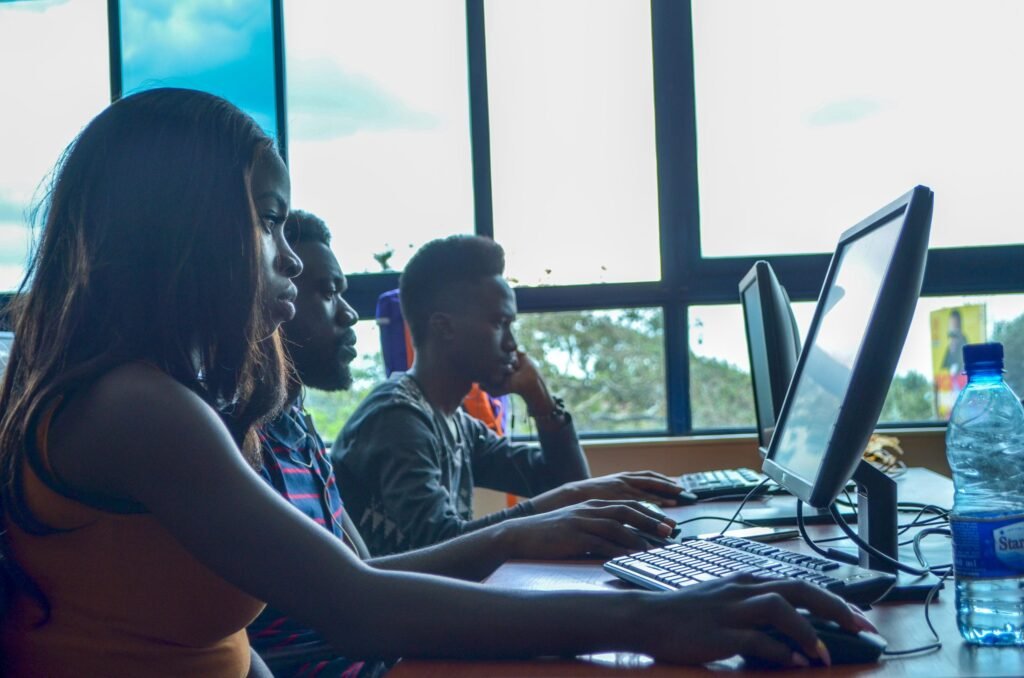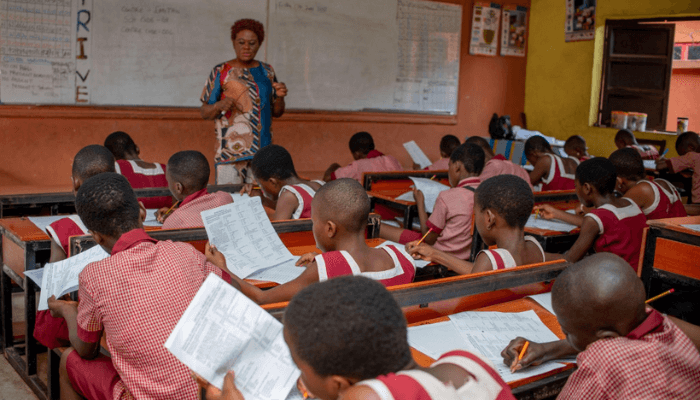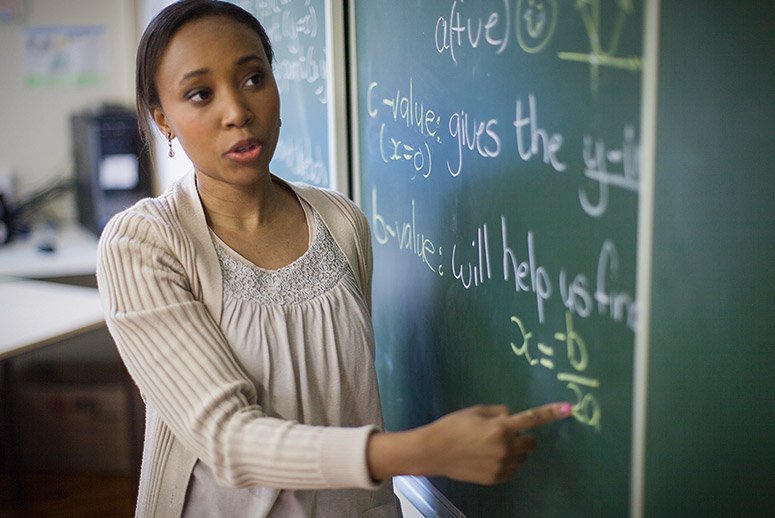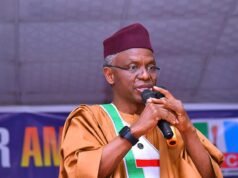In a sweeping move towards modernising education, thought leaders, educators, parents and tech advocates across Nigeria are insisting that technology be more than a tool—it must become central to how young people learn and grow. This call has grown louder following the inaugural edition of Coolest Projects Nigeria, held recently at Mountain Crest Schools in Owerri, Imo State. Beyond mere exhibition, the event has become a symbol of a broader vision: to reimagine education so that Nigerian children are not just consumers of knowledge, but creators of solutions.
Table of Contents

Bridging the Gap: Creativity, Critical Skills and Global Recognition
At the center of the dialogue is the recognition that for years, Nigerian education has been heavy on theory, but light on the kind of hands-on, problem-solving learning that gives young people confidence in tackling real world challenges. Dr. Uzoma, a respected educational technology expert, noted at the Owerri event that children must be given the space to unlock creativity, develop critical skills, and earn recognition not only at home, but on the world stage.
The reasoning is clear: in an increasingly digital global economy, possessing technical literacy—skills like coding, robotics, artificial intelligence—is no longer optional. It is essential. Nigeria, with its young populace, has enormous potential, but stakeholders argue that without deliberate effort to embed technology in learning, many of our children risk being left behind.
The Coolest Projects Nigeria offered proof of possibility. Seventeen projects from students across the country showcased innovations in software development, robotics, AI, and other tech-driven, community-focused solutions. These young creators weren’t merely demonstrating what they could build—they were illustrating how the problems they care about can be addressed with tools they are increasingly able to master.

From Theory to Practice: How Tech-Driven Learning Is Being Brought to Life
What makes the conversation around tech-driven learning more than just rhetoric is that concrete steps are already underway. In the months ahead of Coolest Projects Nigeria, students participated in coding boot camps, joined robotics clubs, and enrolled in after-school tech programmes. These activities emphasised experiential learning, teamwork, and solving real problems—features often missing from conventional curricula.
Support has not been purely domestic. International institutions such as the Raspberry Pi Foundation have contributed resources and expertise. Their involvement has helped ensure that students from various backgrounds—not just those in elite schools—have access to the tools and mentoring they need to experiment, explore, and grow.
Another important feature of the event: its licensing. For the first time, the globally recognised Coolest Projects platform—already established in Europe, Asia, and North America—was officially licensed in Nigeria. This means that Nigerian students are now formally connected to a global network of young innovators. They gain visibility, recognition, and more importantly, access to opportunities that reach beyond our national borders.
The Imperative Ahead: Preparing for a Digital Economy
Nigeria’s entry into this space is timely. Across the world, economies are being reshaped by digital transformation. Jobs that used to be unimaginable are now mainstream. Industries are being automated; sectors like healthcare, agriculture, logistics, finance are all being transformed by AI, software tools, robotics, and data analytics. If Nigerian youth are to thrive, they must be equipped for this reality.
Stakeholders agree that tech-driven learning does not merely mean introducing computers into classrooms. It means rethinking pedagogy. It means training teachers to use digital tools effectively, redesigning curricula so that creativity, problem solving, collaboration are prominent, and ensuring equitable access to resources—especially for young people in rural and underserved areas.
Moreover, there is a cultural dimension. Parents, schools, and communities must value innovation, tolerate failure as a learning step, and reward experimentation. Young people need encouragement to tackle community issues with tech-infused ideas, rather than abandoning them in favour of rote learning.
At the policy level, there is also work to do. Governments (federal and state), education ministries, and regulatory bodies must create frameworks that support tech-based education, provide funding, ensure teacher training, and build infrastructure (electricity, internet, hardware). Only then can the potential on display at events like Coolest Projects be translated into long-term, sustainable educational reform.

Looking Forward: Opportunities, Challenges and What’s Next
The momentum is promising, but there are challenges ahead. Many schools still lack stable electricity, reliable internet access, or the funds to purchase updated hardware and software. Teacher training is patchy. In some cases, even when the technology is present, there is limited capacity to use it well. Meanwhile, inequalities (urban vs rural, rich vs poor) threaten to widen if access is not equitably distributed.
Yet, there are also huge opportunities. If Nigeria can scale up initiatives like Coolest Projects and pair them with strong policy support and investment, the country could unlock a wave of entrepreneurial youth, problem solvers, and innovators who can compete globally. This could spur growth in tech-based industries, attract investment, and help address local challenges via local solutions.
The message from stakeholders is clear: we must move beyond celebrating single events. What is required now is sustained commitment—across government, industry, and education—to embed technology in learning at every level. That includes investing in infrastructure, training teachers, redesigning curricula, and ensuring equal opportunity.
In this, every Nigerian has a role to play: parents encouraging tech curiosity in their children; schools prioritising hands-on learning; government providing the enabling environment; private sector and NGOs stepping in to bridge gaps. If done well, the shift toward tech-driven learning promises nothing less than transforming how we educate our young people—and by extension, how our future unfolds.
Join Our Social Media Channels:
WhatsApp: NaijaEyes
Facebook: NaijaEyes
Twitter: NaijaEyes
Instagram: NaijaEyes
TikTok: NaijaEyes





